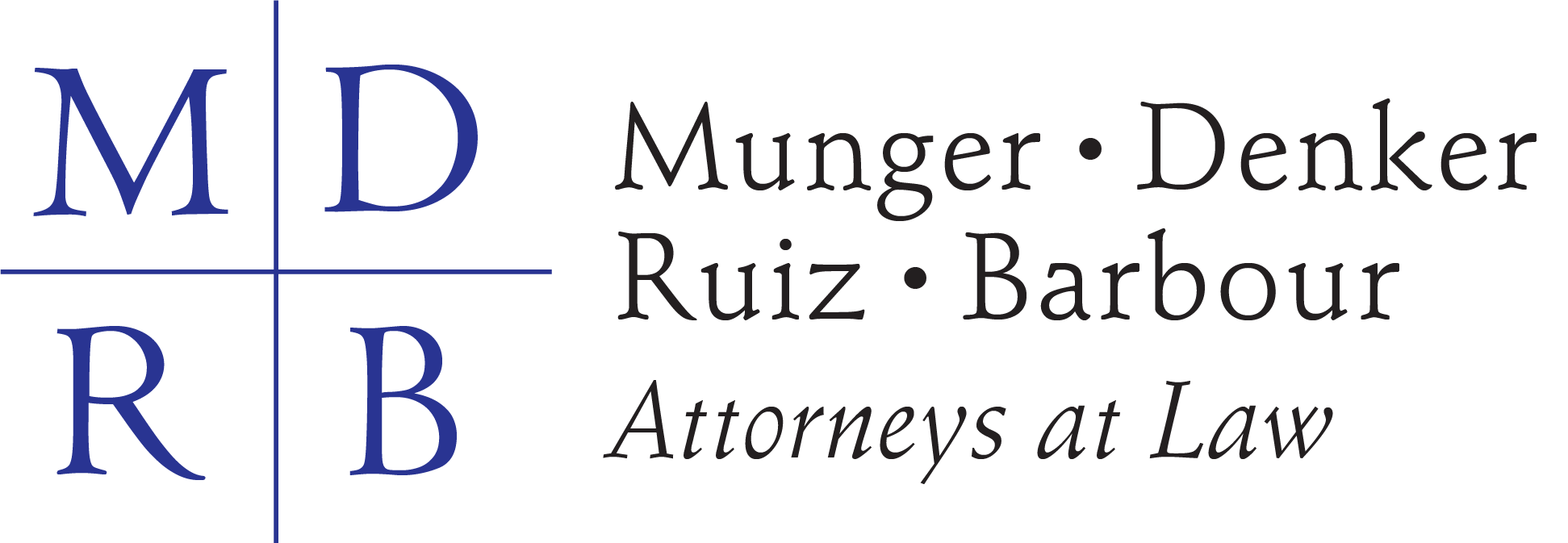
Ninth Circuit Revives Facebook Shareholders’ Data-Privacy Fraud Claims
In a recent decision sure to produce ripple effects in many legal cases involving commercial litigation and data privacy, the Ninth Circuit Court of Appeals breathed new life into a class-action lawsuit against Facebook by shareholders alleging securities fraud. The case, Amalgamated Bank v. Facebook, Inc., centers around Facebook’s handling of user data, particularly the infamous “Cambridge Analytica scandal.”
The Allegations
In Amalgamated Bank, a group of shareholders alleged that Facebook made misleading statements about its commitment to user privacy and the risks associated with data misuse. The plaintiffs asserted that these statements were false in light of the Cambridge Analytica incident, in which the unauthorized access to millions of user profiles led to targeted advertising by various political campaigns.
The Trial Court’s Dismissal
Initially, the trial court dismissed the lawsuit, finding that the shareholders failed to state their claims adequately. (Pleading standards in securities fraud cases are notoriously high, requiring specific details to support allegations of falsity and the intent to deceive (also referred to as “scienter”).
The Ninth Circuit’s Reversal
The Ninth Circuit overturned the dismissal in part, finding that the shareholders adequately pled their claim that Facebook made false statements that tended to minimize the potential harm that data misuse poses to Facebook’s business and reputation. The court specifically cited Facebook’s downplaying of the Cambridge Analytica investigation as an example of such misleading statements.
The court affirmed the dismissal of other claims related specifically to security-breach risks and user-control functionalities. Additionally, shareholders must still prove scienter and loss causation to prevail in their lawsuit.
Implications for Data Privacy and Securities Litigation
- Focus on Risk Disclosure: The Amalgamated Bank ruling emphasizes the importance of companies’ not downplaying the risks associated with data breaches in their public filings.
- Heightened Pleading Standard: While the court revived some claims, it didn’t lower the pleading bar. Shareholders still need to meet a stringent standard to proceed with their case.
- Evolving Landscape of Data-Privacy Litigation: The case represents a step forward for data-privacy advocates seeking accountability for corporate data-handling practices through securities-fraud claims.
Looking Ahead
The future of the Amalgamated Bank lawsuit remains uncertain; the shareholder plaintiffs still face the challenges of proving scienter and loss causation. Nonetheless, the Ninth Circuit’s decision signals a potential shift in data privacy and the securities-litigation landscape, paving the way for further legal scrutiny of how companies handle and disclose user data. The attorneys at Munger • Denker • Ruiz • Barbour assist businesses and individuals in Phoenix, Tucson, and across Arizona and the Southwest with complex litigation, appeals, and a number of other services.
Stay tuned for updates on this case and its potential impact on data privacy and corporate accountability.
Find more information on law in the digital age with our posts on metadata and Acheson Hotels v. Laufer.
Latest Posts
Quiet Title
Normally, it is simple to determine who is the lawful owner of real property: Whoever is listed on the last deed recorded with the county recorder’s...
Quiet Title
Safeguarding Your Interests in Arizona Probate Court
What Is Probate Court? A probate court is one that has authority or jurisdiction over all cases involving wills, trusts, estates, and...



